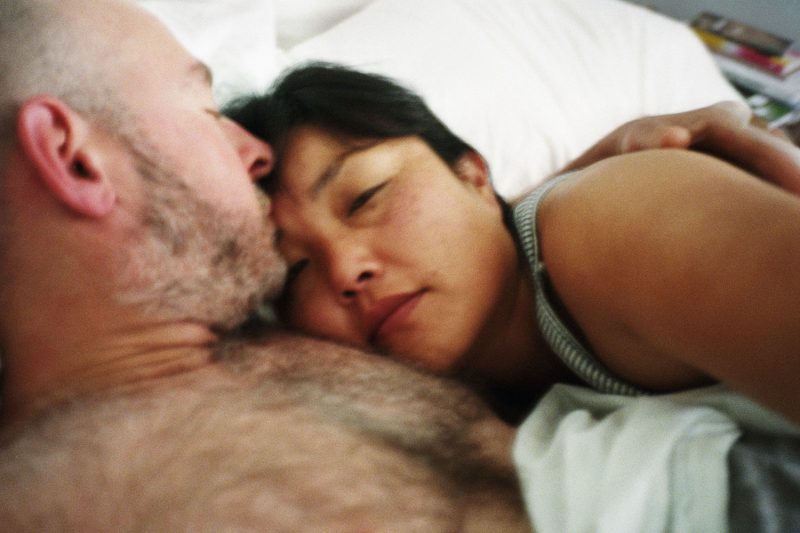Earlier this year, Jenny Kim made it onto the British Journal of Photography‘s list of Ones To Watch. “Endless topics stem from the complexity of womanhood that I continually find fascinating and important to talk about” she says in an article about her work, which focuses on herself as much as on her partner and immediate family. I approached Kim to inquire whether she would talk to me about the work in more detail. In late October, we spoke on Zoom. The conversation has been edited for length and clarity.
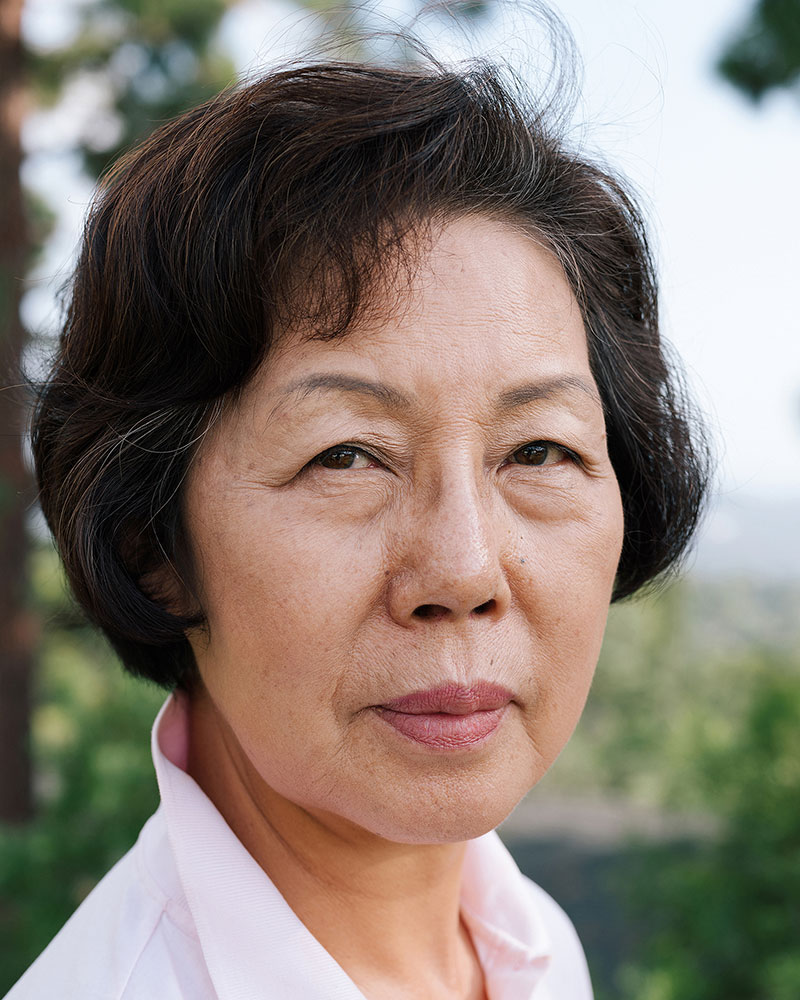
Jörg Colberg
Your parents came to the US as immigrants, is that right?
Jenny Kim
Right. They came in the early 1970s. They initially immigrated to Hawaii, where my dad’s sister was living with her family. My sister was born in Hawaii. And then they came over to the mainland. They finally settled in Los Angeles, where I was born.
JC
Why did they decide to come to the US?
JK
As far as I know, it was to have a better life. My mom thought everything would be better in America. It was the American dream.
JC
Do you think they were happy with the choice they made? Did they ever talk about this?
JK
They didn’t really say if they were happy or sad. But when I got a little bit older I remember my dad saying how he probably couldn’t live in Korea after having lived in America for so long, even though he didn’t move here until he was in his 30s. I don’t know that I’ve ever asked them if they were happy. I know my mom misses her mother. When my grandfather was still alive, she missed being able to see them both. Her parents are very important to her. I do wonder about that because most of her family is in Korea. She would like to see my grandmother more, because my grandmother is in her 90s.
I think culturally, we didn’t really talk about a lot of stuff like that. Are you happy? No, you just work hard. That’s what you do. You follow the things in life you’re supposed to do: go to college, meet a good person, get married, have children, work hard.
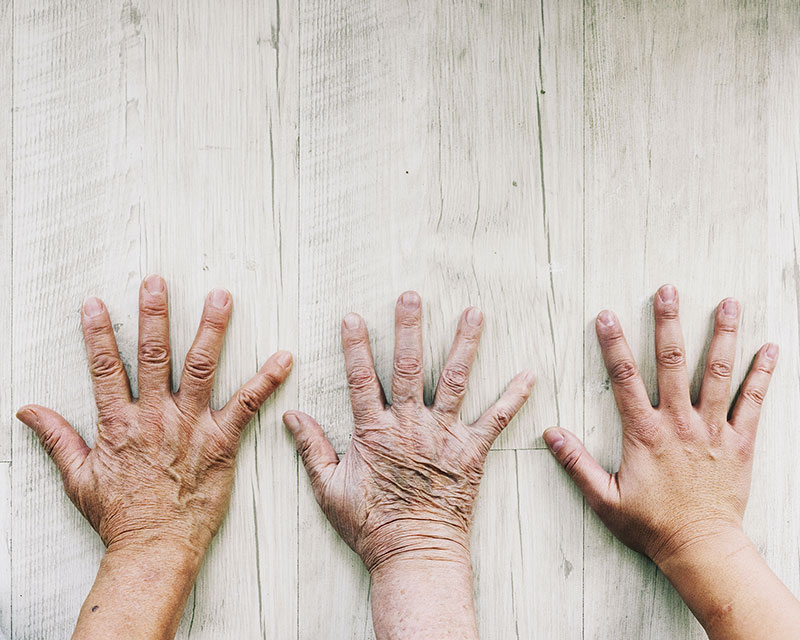
JC
You’re a first generation Korean American then.
JK
Right.
JC
Did your family speak Korean at home, or did you grow up speaking English? How did this play out?
JK
My parents spoke Korean. A lot of what I remember as a kid is also from what my sister tells me happened because she’s almost five years older. There was a push for us to learn English. And to do well in school. The older I got, the more my Korean dropped off. When I speak to my mom in Korean or English she almost always responds to me in Korean. My parents still prefer to speak in Korean, especially with me and my sister.
JC
So you speak Korean?
JK
My Korean is not good. I find that some things don’t translate the same, or I can’t find the words in English, so that my mom will understand exactly what I mean. My sister’s is much better. She can really have a conversation. That’s one thing that I didn’t go back to and wish I had, to try to hold on to the language.

JC
To what extent do you feel that you’re in between cultures because you are American, but you also embedded in a Korean family? I could imagine that has shaped a lot of your life, trying to figure out who you are and how are you fit in? And how do you handle opposing or conflicting ways of seeing the world, or family, or whatever else?
JK
I think that there’s really no way around it. A lot of things that I do in life are based on the fact that I’m Korean and a woman. That’s just inherent. In terms of having kids and a family, there are a lot of things that I tried to think about. What is this urgency? What is this push that I always wanted to have kids? There is some kind of urgency inside me. I can’t ignore the fact that it is partially due to how I was raised, with my grandmother telling me my entire life, “you have to get married, you have to have kids.” Even the last time I saw her in 2019 she said, “you have to have kids.” That was the conversation. She means well. Still… You have to have kids. Period. There’s no talking about anything that’s going on. She doesn’t acknowledge my age and how it could be difficult. So there is that aspect of it, growing up in my culture that really emphasized that one of the most important things you can do as a woman is to have children. As far as the IVF goes, that decision was based on me being a woman of a certain age. Turning 40 and being unable to conceive leaves you with very little options as a woman who wants to have a child. Women aren’t afforded the luxury of time that men are when it comes to becoming a parent.
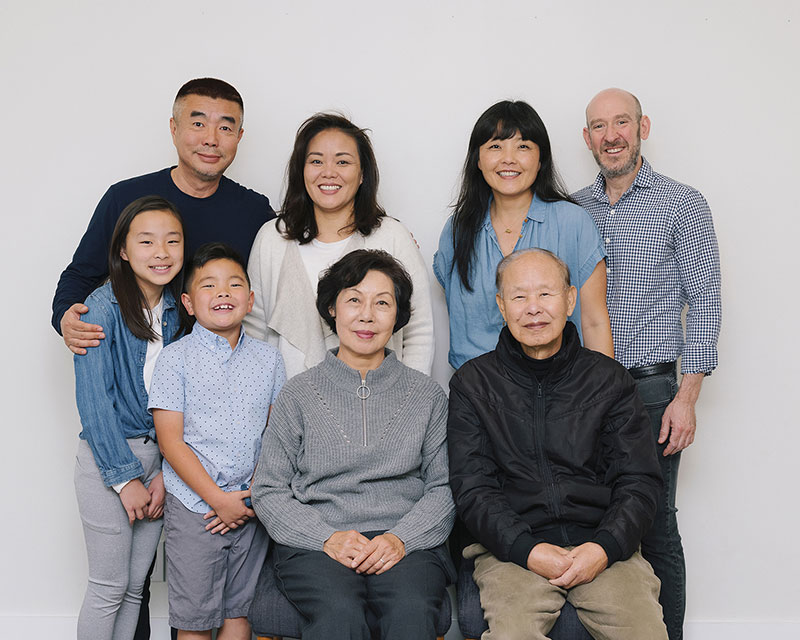
JC
I remember a picture of your family, and you’re all Korean or Korean American and then there’s Ian. Can you talk a little bit about that aspect? Here is this white guy.
JK
My mom is not the most typical Korean mother. There are things that are really hounded into growing up in a Korean family. Grades are extremely important. Your appearance is very important. She never nitpicked on things like that. I think she was too busy working. But the expectation to do well in school and act properly was there. We kept our grades up. We didn’t fall out of line. She always emphasized that meeting a good person and getting married was important. There was a point when she said, “you really have to find someone to be happy with. To love” I only remember her saying it to me once, but it stuck out. I didn’t meet Ian until I was 38. Part of me thinks that they were just so excited that I had met somebody, gotten engaged and that he’s a good guy. With my parents, there wasn’t that thing of “Oh, I wish he was Korean.”
JC
Maybe they’ve realized that they need to give you space. I mean, this is who you are.
JK
I would hope that would be it. But my grandmother said, “you have to have children”. And I’m thinking at the time, I’m 41 now. I’m trying but the likelihood of that happening is very slim. I couldn’t even explain it to her. For her, that was it. And then the conversation went on to something else. There wasn’t a dialogue.
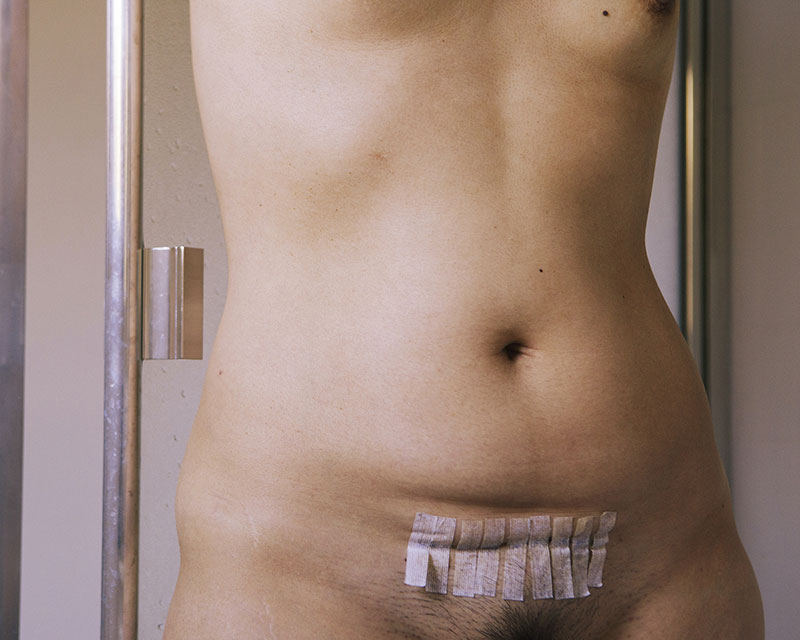
JC
I seem to remember that you weren’t really sure whether you actually wanted to have children. Is that true?
JK
I always imagined my life with kids. I had previously talked to my doctors about having a child by myself. I had decided that that was something I couldn’t handle or that I wanted. I felt this pressure that I had to start trying with Ian, even though we had not been together a full year. I think I was feeling that as a woman, I don’t have a choice. I have to do it right now. We didn’t have time to be like a couple who met when they were 30.
This process has been… I’ve been thinking about it more seriously, biologically, since I was 33. What do I need to do to be prepared to maybe have kids one day? I’ve always had it on my mind. I considered freezing my eggs then. The cost was too much for me. Also, if I ever wanted to have children, doctors told me, I would have to have a myomectomy. I had that surgery when I was 35. It was the pressure of the timeline because everybody said that when you turn 40, it becomes exponentially harder. I was fighting that. I felt that I didn’t have time and had to do it — even if I wanted to or not right in that moment, you know?
JC
That is a difficult situation. But then to decide to make that a part of your photography cannot have been easy.
JK
I had been photographing other women who either did not have children by choice, or had had an abortion or a miscarriage, thinking this was working. But in a crit, everyone was asking, “what are you doing? What’s this really about?.” It took a lot for me to admit that it was about me. I got to the point where I realized that I’m trying to make all these other people do the work for me, when it’s really about me. It was about how I would deal with this void if I didn’t experience motherhood.
I would say that during the last year of school it was actually kind of therapeutic for me to have the photography aspect of it. I think it was an outlet to be able to say that I can have some way to express myself and have photos. That’s something I can see. That’s evidence — instead of me sitting here wondering if this is going to work: Ian and I trying to conceive, it not working, and there being no explanation. It was an outlet. Something positive was coming out of this. I think it really was helpful in that sense. It was difficult, but it was helpful for me at the time.

JC
I find that inspiring because you’re making yourself really vulnerable by sharing all of that with strangers.
JK
Any time I’ve gotten help or advice from somebody, specifically during fertility treatments, it has been because they’ve been vulnerable with me. I feel it’s a good way to talk about it. Until I started the process, I realized I didn’t know so much about it even though I have had friends go through it. I was wondering how that could be. Rightfully, there’s more and more talk about being a new mother, postpartum depression, and how hard it is to deal with all of that: motherhood and parenthood. I’m on the other side of the same coin. There are the same kinds of feelings, except you’re trying to work towards having a child. I’m not even on the other side yet where that difficulty is, we’re just pushing through and trying to get to that point. I’ve had emotions where I thought, “I don’t know what this emotion is,” trying to understand what I’m feeling, because it’s such a wide range of things happening. I think the only way that I could deal with it is to talk about it.
I’m still taking pictures. The bulk of this year has been fertility treatments. That has been the priority. I’m still shooting here and there. But it has been very draining. Emotionally, physically and mentally. I don’t know how people do it. I don’t know how we’re doing it. What has been frustrating for us is that we have what’s called unexplained infertility. There is nothing, quote unquote, wrong. We can’t… I can’t get pregnant. My age is the only factor that is proven to be why it’s difficult for me to get pregnant. It’s frustrating when you work towards something… Grad school was hard, but I worked and worked. Everybody works towards it, and you get to graduate. You have some semblance of a project, you have a book. It’s a very rewarding experience, even when it’s difficult during the process. But this… If you have a kid — that’s what you want out of this process — that’s very rewarding. But those chances are slim. So it’s been difficult to stay focused on the end goal.
JC
That sounds really draining and difficult.
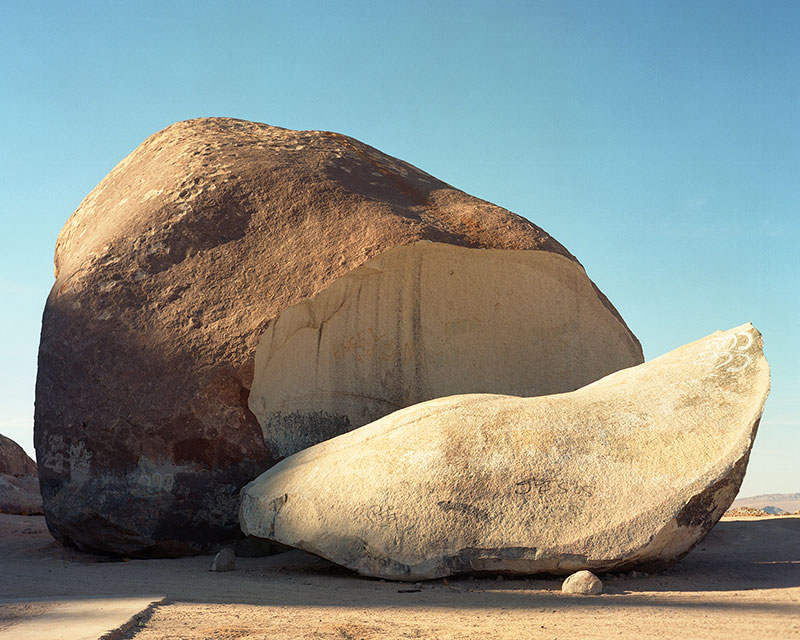
JK
It’s a lot of mixed emotions. One day, I feel lucky. I’m glad that we’re in a position to be able to do it. I have insurance that is covering most of it. Otherwise, we wouldn’t even have had the option. Originally, we had looked into adoption. It turned out that IVF was less expensive because of my insurance. I have friends who can’t do IVF because they can’t afford it. That’s a whole other set of issues. It’s a lot of ups and downs of how I feel about this.
JC
It’s such a big topic that is so important for so many women, and yet it’s so mute. It doesn’t exist in the public consciousness.
JK
There’s a show called Master of None by Aziz Ansari on Netflix. This new season, they shifted the main characters and it deals with a woman doing IVF. When the season got released, on the same day I had multiple people ask me if I had seen it, because they knew I was doing IVF. I hadn’t seen it yet. I tried watching a couple of episodes. It was too difficult because it’s very real. They’re not glossing over anything. I talked to my doctor about it: Have you seen it? People keep telling me about it. She hadn’t seen it but said That’s good, right? It’s getting the word out that this is what it’s about.

You don’t see it much. I don’t know why because I think in Western cultures having children is seen as so important. Any time I’m out with my niece and nephew, people would be essentially congratulating me on how cute or smart they are. They would think I’m their mother. A month ago, I was out with them and Ian. This mom, who was with her daughter, gave me a knowing look and said something like, “you know how it’s like being a mom.” She gave me a big smile. And I thought, “No, I don’t.” I equate it to almost being more of a value to society if you’re a mother. There’s nothing more difficult and rewarding and important than being a mother. When I see mothers out, I think, “Yeah, that’s hard what you’re doing.” But I also think it’s just as fulfilling.
Before the process of fertility treatments, I used to think, “Okay, we get it, it’s a miracle. Having a baby is a miracle. But people have babies every day.” After my first consultation with our fertility doctor, I thought, “Oh, now I really understand why they say it’s a miracle.” My doctor actually broke down how difficult it is to get pregnant, stay pregnant, and have a healthy baby. On top of that, she was explaining the IVF cycle, which was a whole mess of things. I told her “this seems impossible.” She said, “it’s not impossible.” It feels like it though. I can see how I would be that mother… If I had a baby, I would say it’s a miracle. It was a miracle that this happened.
